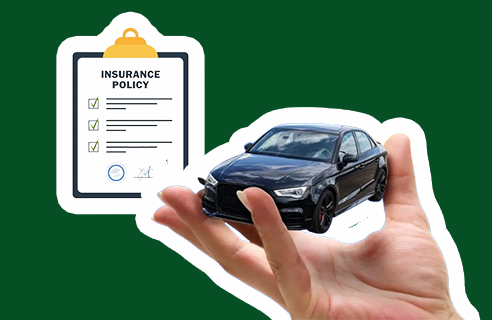What Happens If I Don’t Pay My Car Loan – In the world today, car ownership is usually connected and coupled with financing. Many people turn to auto loans to cover their cars or vehicles because making timely payments is a huge responsibility.

However, sometimes, life can be unexpected and throw financial problems our way. This makes borrowers wonder: what happens if I don’t pay my car loan? Apart from the obvious influence it has on one’s credit score, failure to pay your auto loan can cause a series of repercussions that can negatively affect you personally and legally.
In this guide, we will be exploring the possible consequences associated with defaulting or not paying back a car loan. In the end, you can find potential steps most lenders take to get back what belongs to them.
What Happens If I Don’t Pay My Car Loan?
Undoubtedly, many bad things can take place when you halt the payment of your car loan. For example, every month you fail to make a payment, your credit score lowers or reduces. In addition, your car can get repossessed if you cannot continue making payments and get caught up. If you still have some debts on your former car, you still cannot have your car or vehicle back.
Here are other consequences of missing of failing to pay your car loan:
Late Fees and Penalties
Failing to make payment for your auto loan to your lender will cause penalties and late fees. Additionally, these fees will be added to the overall amount you still owe as the loan timespan increases and payment is still not being made.
Impact on Future Loans
Having default or repossession on your record will seriously affect your credit score and it will be hard to get a loan in the future. Even if you qualify for one, the interest rate will be high.
Impact on Credit Score
Significant damage is caused to your credit score if you fail to pay your auto loan on time. Your payment history is an important factor when it comes to the model of credit scoring and missing one payment can reduce your score.
Repossession Threat
If you are still unable to pay the loan to your lender and this is continued, the loan lender might threaten to repossess the vehicle. This is a process where the loan lender will collect the car or vehicle because of non-payment by the borrower.
Legal Action
Yes, most of the time, car loan lenders might take legal action against borrowers to get their outstanding balance. This can cause other means of legal procedures or wage garnishment to get back the money.
Collection Endeavour
Your loan lender will begin to make an effort or attempt to reach out to you to arrange the payments. This involves letters and calls reminding you to meet up with the missed or defaulted payments.
Repossession Procedure
After the grace period given has elapsed and you have missed payments multiple times, your lender has the right to legally repossess your car. Repossession might happen without a notification or forewarning, depending on your contract terms and state laws.
What To Do If You Can’t Afford Your Car Payment
If you are ever in a situation where you cannot or are unable to pay back your car loan, here are some helpful tips you can implement to handle the situation carefully:
- Review your financial obligations and budget.
- Understand why you could not make payments.
- Reach out to your lender.
- Be honest with your auto insurance company.
- Discuss potential options.
- Consider loan modification and refinancing.
- Consider selling your car for a cheaper option.
- Prioritize your essential payments.
- Consider getting financial counseling.
- Prevent defaulting.
- Check out government assistance programs.
- Monitor your payment options and budget regularly.
- Consider getting help from a financial lawyer or attorney.
You should ask a financial attorney for help if you are experiencing legal threats or complicated financial issues because of your missed payments. Communicate with your auto loan lender to prevent further monetary damage and problems.
Frequently Asked Questions (FAQs)
What should I do if I can’t afford my car payment anymore?
If you are having trouble affording your car anymore, the first thing you need to do is reach out to your car loan lender immediately. Tell them about your current situation and talk about possible alternatives like temporary hardship programs, refinancing, and loan modification.
Will contacting my lender affect my credit score?
Contacting your car loan lender to talk about your financial problems will not affect your credit score at all. Nevertheless, it is important to be honest when communicating and work towards finding a solution to prevent the associated consequences such as default or missed payment.
Can I negotiate lower monthly payments with my lender?
Certainly, most car loan lenders are usually willing to negotiate lower monthly payments through options like refinancing or loan modification. Meanwhile, this depends on your financial situation, payment history, and the policy of the lender.

